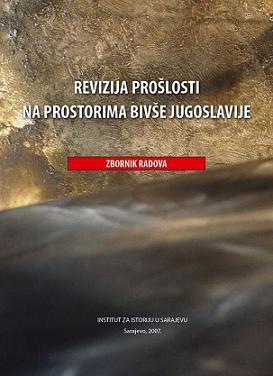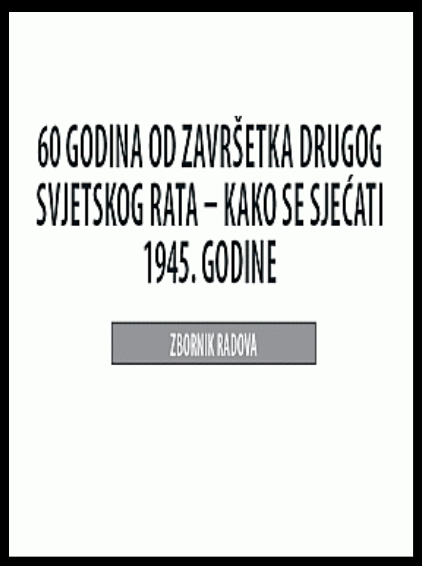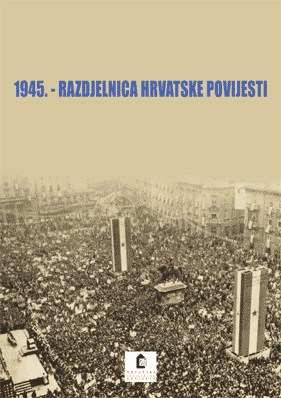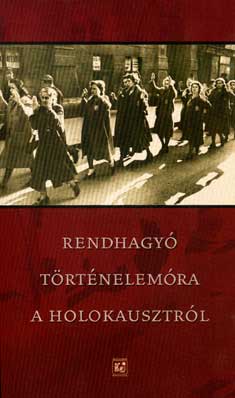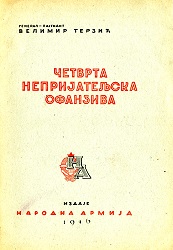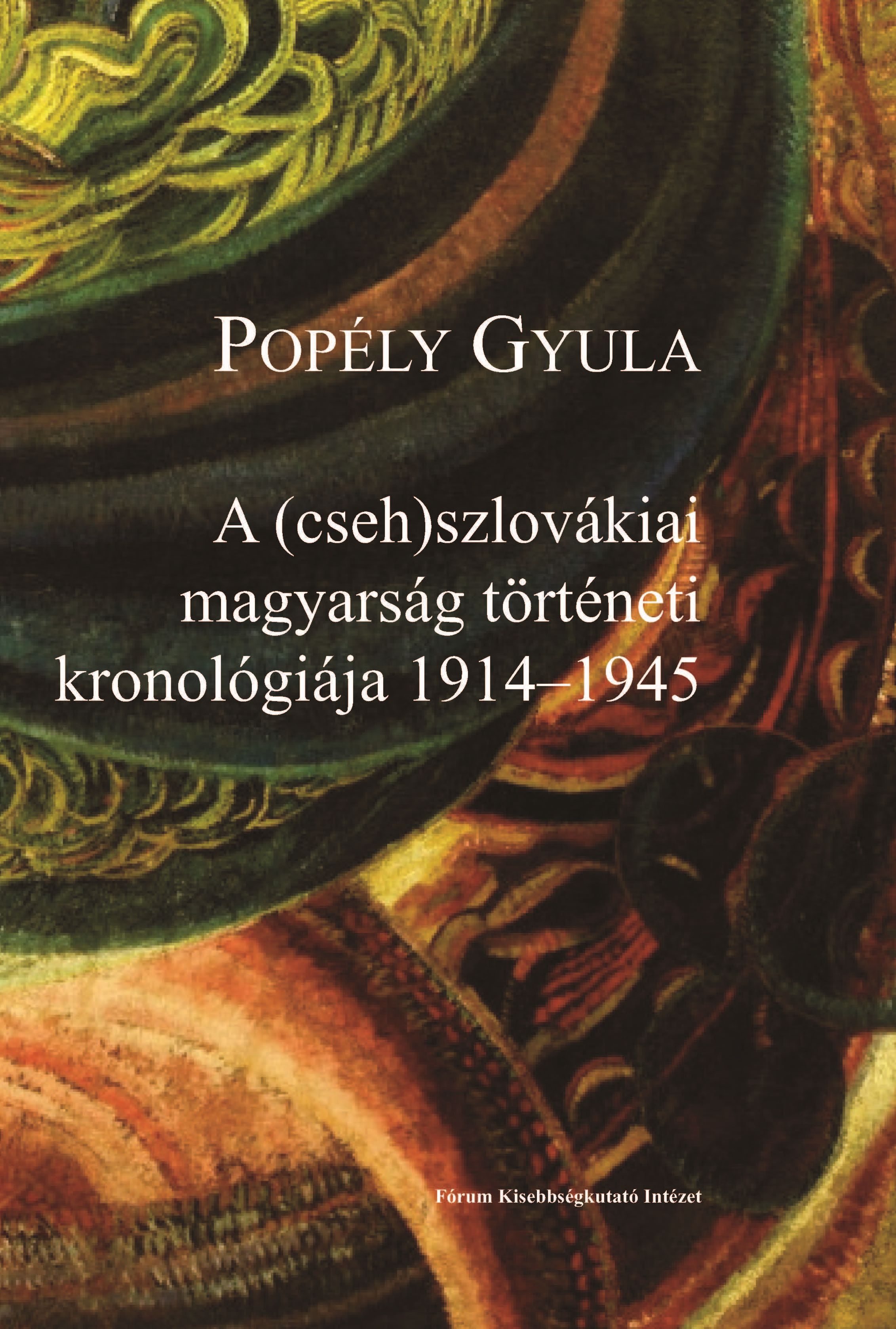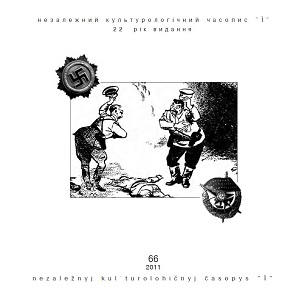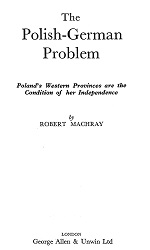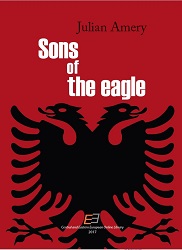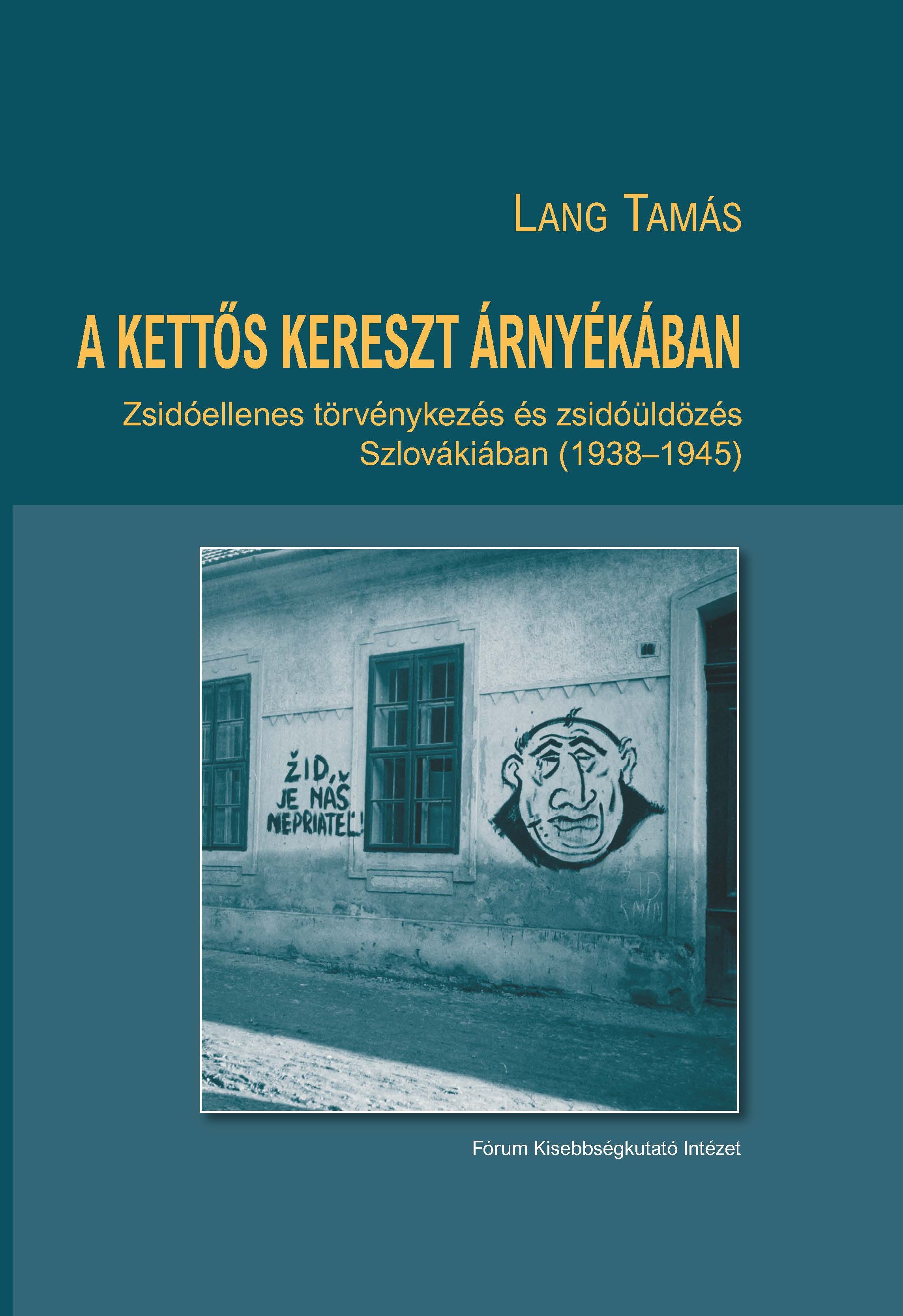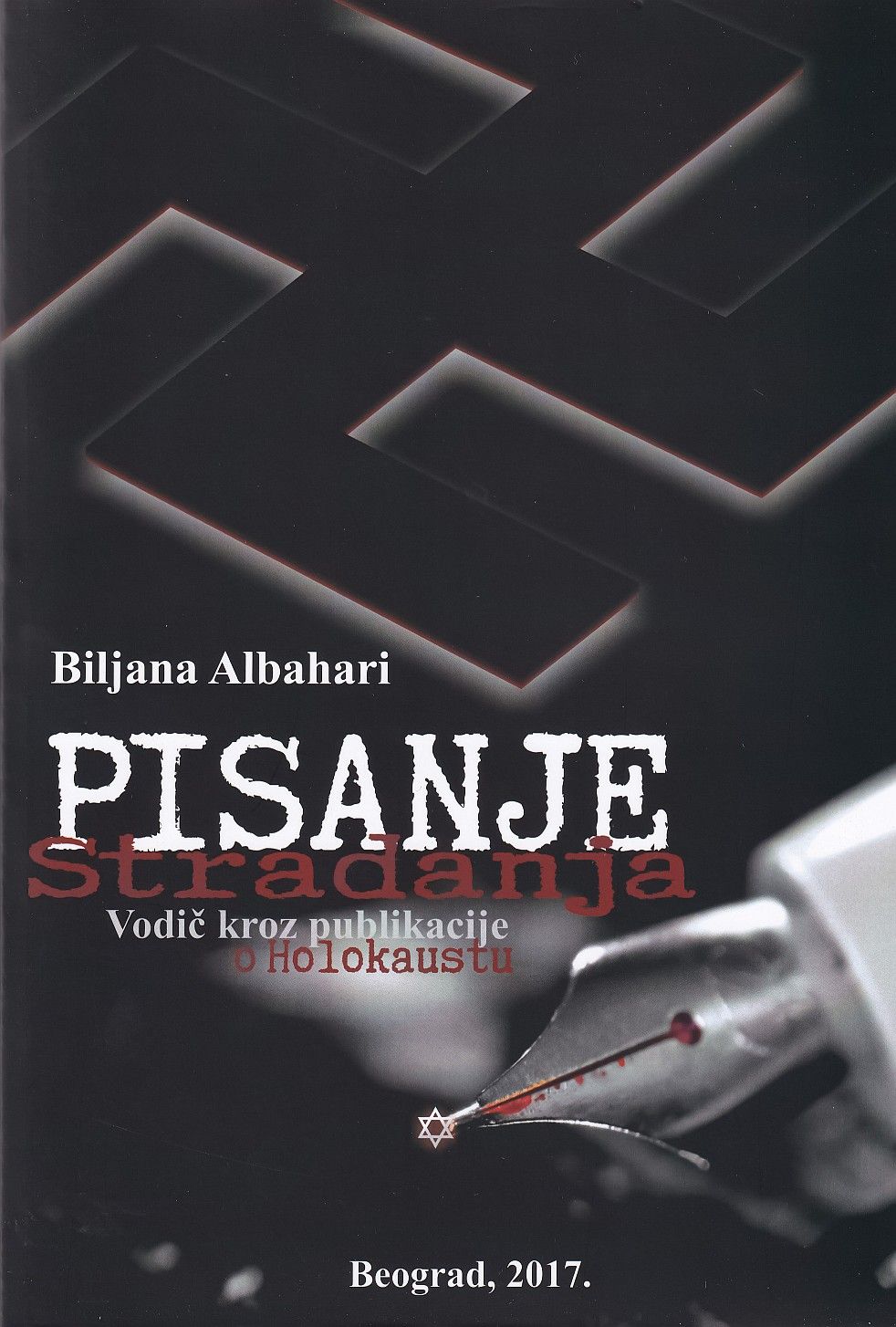Author(s): Milena Rudnytska,Andrei Sheptytsky,Gavriil Kostelnyk,Julian Dzerovich,Vladimir Blavatsky,Volodymyr Doroshenko,Ivan Bilyk,Kostya Levitsky,Elena Biter,Stepan Bilyak,Ivan Shvarko,Mikhail Roslyak,Maria Strutynska / Language(s): English,Ukrainian
In order to make the thorough mendacity of Putin's rethorics about "Ukraine as a State of Neo-Nazis" fully evident, CEEOL is offering the Ukrainian Jewish journal ”Ї“ as the strongerst possible proof of a habit of "modern Ukrainian and world intellectual thought". The NGO "Ї", an independent cultural organization founded in the late 1980's in L'viv, focuses on modern Ukrainian and world intellectual thought. It offers periodic forums for discussion of issues concerning Ukraine and, among others, Europe, Russia, post-Byzantium, the Muslim Renaissance. It analyzes the current situation in order to develop future socio-political strategies. The organization also publishes "Ї", a quarterly journal dealing with European and Ukrainian issues in politics, philosophy, and culture. It also examines the relationship of Ukrainians with Russians, Poles, Austrians, and Jews and places Ukraine in a modern geopolitical sphere that can further Ukraine's identity as a modern state.
More...
